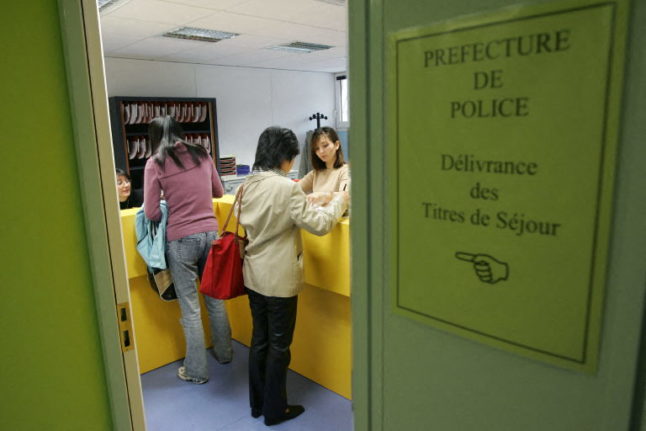You can listen to The Local France’s editor Emma Pearson, reporter Genevieve Mansfield and Europe editor Ben McPartland discuss the week in Fran – from explaining the latest news, and major issues impacting life in France to discussing the french person who everyone is talking about and answering questions from Local readers.
The team also brings in outside experts – including veteran political columnist John Lichfield – to give their perspective on the latest developments.
The discussion is all wrapped up in a half-hour episode called Talking France that you can listen to anywhere using either a computer, tablet or smartphone.
What’s in it?
Each episode features discussions on the latest news from France, aiming to explain what is happening and why, released every Friday.
We’ll guide you through the big issues of the day and also answer some of the perennial questions – like why ‘secular’ France has so many religious holidays, what exactly the Academie française does and why names are in France are so important.
Along the way we throw in the French vocabulary you will need to discuss these issues and we answer questions sent in by readers. If you have a question on any aspect of life in France that you would like us to answer – email [email protected].
Where to find it?
If you use Spotify or Apple you can find it there by searching Talking France.
You can find links to each weekly episode on The Local’s website HERE, or by heading to the homepage and clicking on ‘news’ and then selecting ‘Talking France podcast’.
Or you can click HERE to download it onto your computer, tablet or smartphone.
Once it’s downloaded you can listen anywhere – at home, while driving, on the train or while you’re out walking the dog.
Once each new episode is ready for release, we will update the Talking France page HERE, or you can follow Talking France on Twitter at @Talking_France.
If you have any questions, feel free to get in touch at [email protected].



 Please whitelist us to continue reading.
Please whitelist us to continue reading.
Member comments